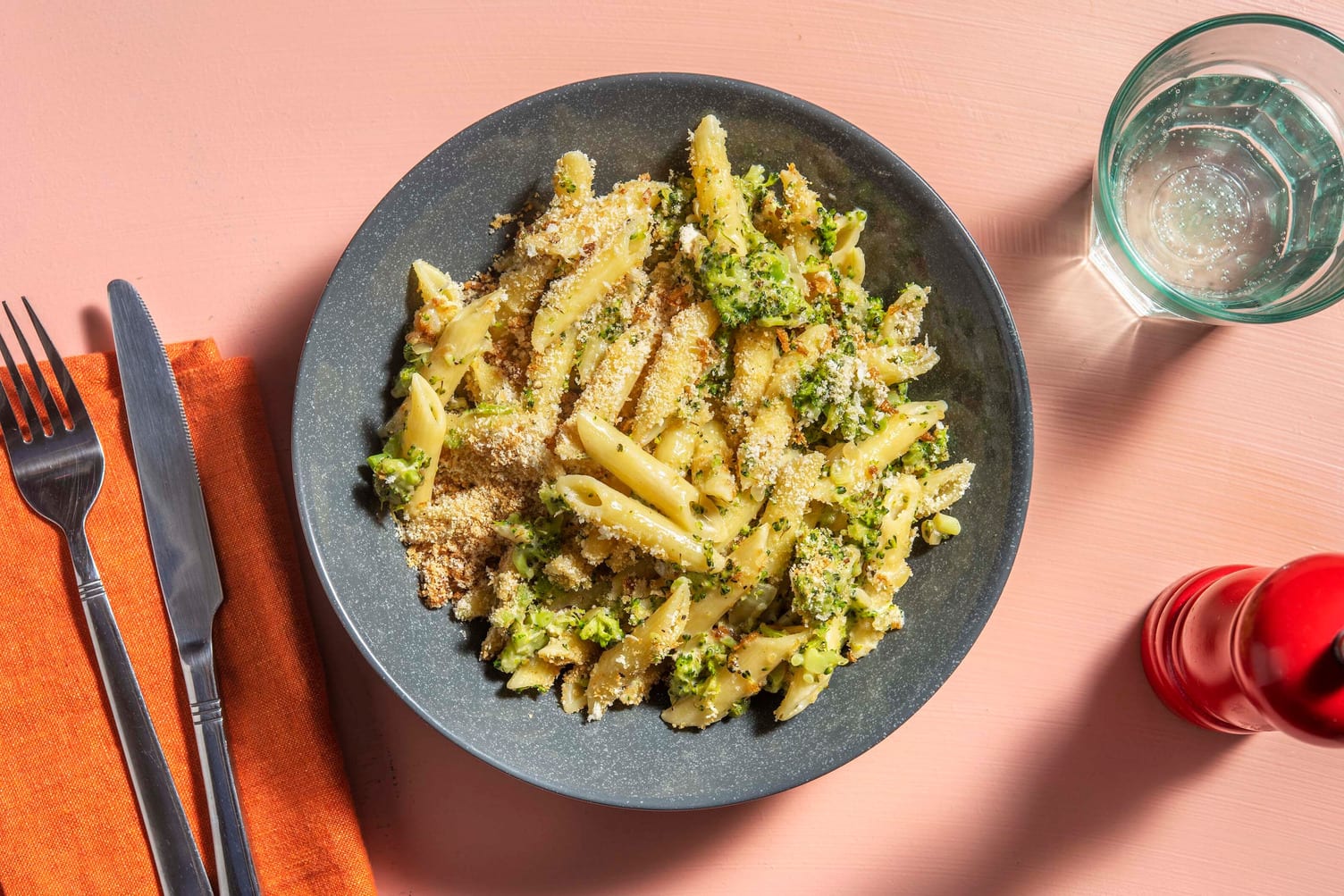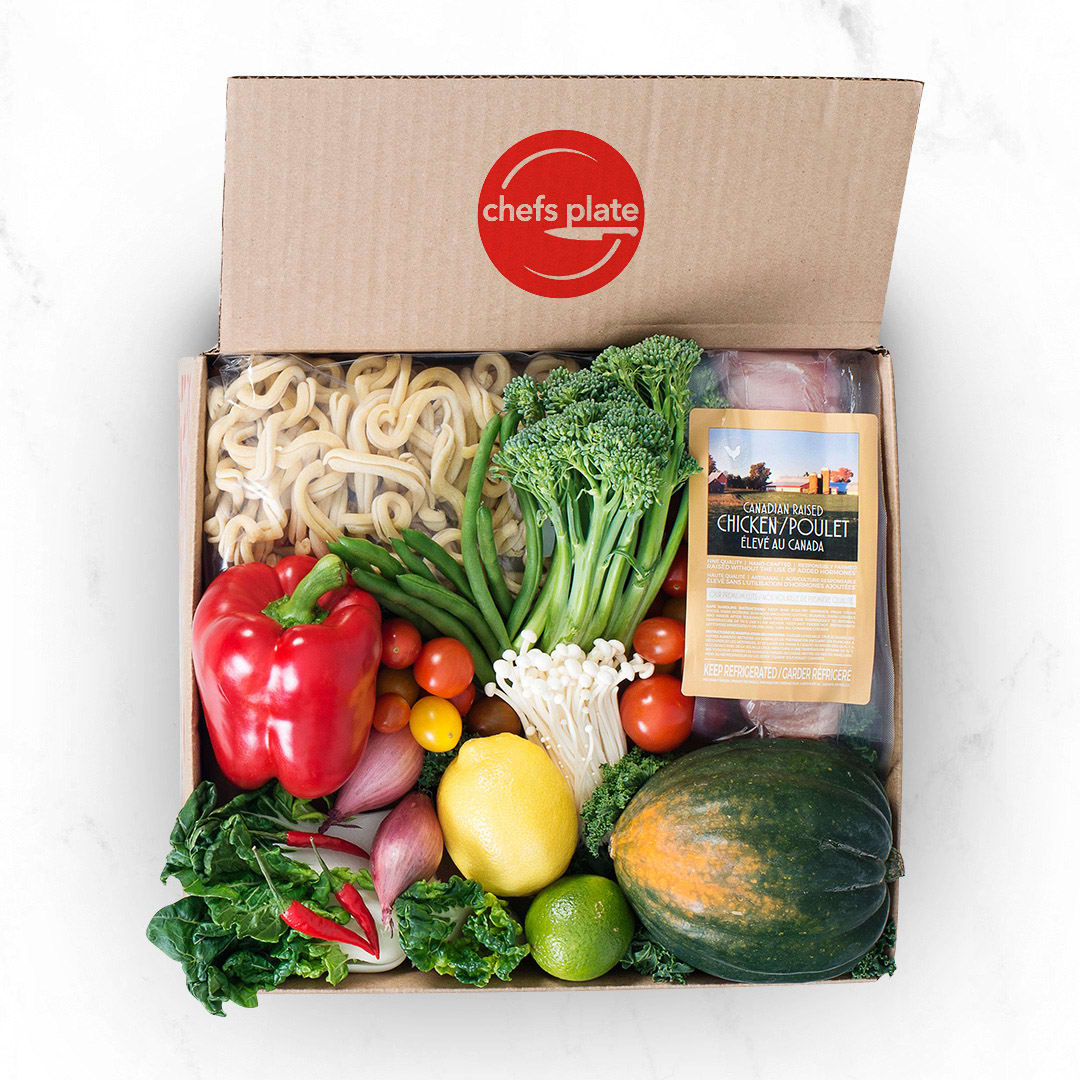Reducing Food Waste
How To Reduce Your Food Waste
Discover the impact of food waste in Canada
Reducing your food waste has never been easier!

Food Waste in Canada
Food waste poses a significant challenge in Canada. In spite of rising inflation rates, resulting in increased food costs, recent survey findings unveil the actual magnitude of food wastage in Canada. The data highlights that Canadian households discard approximately $2,000 worth of food annually, either because it has passed its best before date or is simply unwanted. Commonly wasted food items include fruits, vegetables, bread, and dairy products, but the food item that came out as the most wasted was lettuce.Minimizing food waste is a simple yet impactful action individuals can take to decrease their carbon footprint, conserve resources, and combat climate change. By implementing minor adjustments to your daily routine, you can contribute towards curbing food waste in your household and become part of the food waste revolution! Discover Chefs Plate’s expert tips on ways to reduce the amount of food you waste today.

What Happens to Food Waste?
Food waste in Canada most often ends up in landfills, where it undergoes the process of rotting. This rotting food has a significant negative impact on the environment as it releases methane , a potent greenhouse gas. It is for this reason why it’s so important to consider the food waste we produce and work towards a solution.Eight Ways To Reduce Food Waste
If you want to know how to reduce food waste, you’ll be happy to hear that there are many simple changes to your routine that can have a huge impact. Here are just some of our favorite ways to cut back on food waste:
- Plan your meals in advance: Meal planning and preparing your grocery list in advance helps curb the temptation to make impulsive purchases and buy more than necessary which could be wasted.
- Proper storage: Sufficient food storage is crucial for maintaining freshness, preventing spoilage, and minimizing food waste.
- First in, first out: When it comes to storage, particularly refrigeration, prioritizing the use of ingredients that have been stored the longest is a key strategy for reducing waste.
- Portion consideration: Pre-portioning your food means you only cook what you need to eat. Whether you’re cooking for one , or feeding a whole family, you can benefit from a Chefs Plate food subscription, minimizing of food waste with only using ingredients you need.
- Preserve leftovers: Covering leftovers, wrapping them in airtight packaging, or sealing them in storage containers in the fridge is a great way to prolong shelf life. Where possible, why not freeze leftovers too?
- Donate to food banks: If you have an item of food that you are certain you won’t eat, such as an unwanted culinary gift, you can help your wider community by donating unopened food to your local food bank. Check out Food Banks Canada to find your local food bank.
- Food compost: Composting is a wonderful way to reduce food waste that could otherwise end up in landfill. You can compost almost all waste food; from egg shells to vegetable peelings, it can all be turned into nutrient-rich soil. Did you know you can even home compost in the winter? Bonus points for those of you who then use your fresh compost to grow new vegetables at home!
- Understand expiration dates: Knowing the difference between ‘best before’ and ‘use by’ is important. 'Best-before' dates provide an indication of the duration until which foods will retain their optimal quality. With proper storage, most products can surpass their 'best-before' date and still remain suitable for consumption. On the other hand, foods labelled with a 'use-by' date must be consumed on or before that specific date, or they could pose a safety risk.
.jpg)